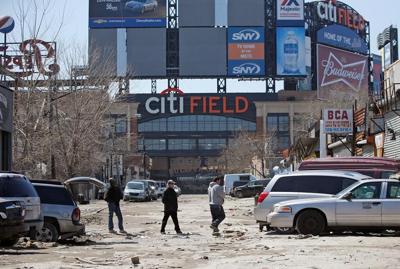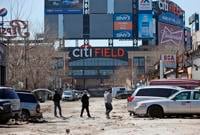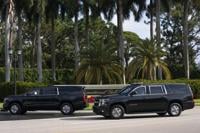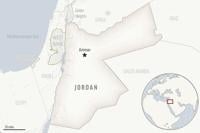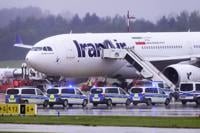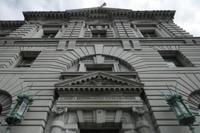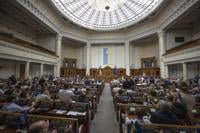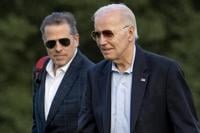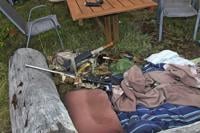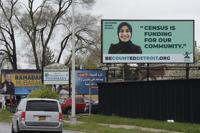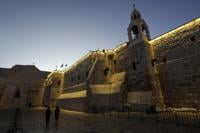NEW YORK (AP) — New York City officials approved a plan Thursday to build a 25,000-seat stadium for Major League Soccer’s New York City Football Club next to the New York Mets’ stadium, Citi Field.
The $780 million soccer stadium, expected to open in 2027, will anchor a 23-acre (9-hectare) redevelopment project in the Willets Point neighborhood that will also include housing, a new public school, retail stores and a hotel.
The new stadium will be New York City’s first venue dedicated to professional soccer. NYCFC, which in 2021, currently plays home games at Citi Field or at Yankee Stadium in the Bronx.
In addition to Citi Field, the soccer venue's neighbors will include the Billie Jean King ������ϲʹ������� Tennis Center, where the U.S. Open is played.
The City Council approved the new stadium after decades of failed efforts to transform Willets Point, long a gritty cluster of auto body shops.
City officials have said that the stadium will be privately financed by NYCFC’s owners, who include the Yankees and United Arab Emirates Sheikh Mansour bin Zayed Al Nahyan, the owner the Manchester City Football Club.
But the city’s Independent Budget Office that the actual cost to taxpayers for the stadium could be $516 million spread over the 49-year term of NYCFC’s lease.
The analysis is based on what the city would have received in property taxes had it sold the land to the stadium’s developers instead of leasing it.
The development team includes Related Companies and Sterling Equities, which is partly controlled by the Wilpon family, who used to own the Mets.

